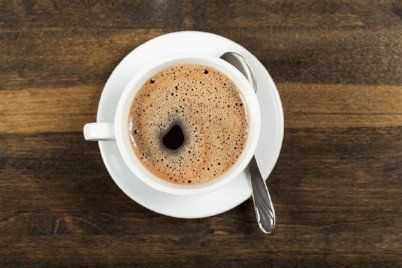Why caffeine and anxiety don't mix
Most of my clients have anxiety and stress. And, a good many of my clients consume caffeine on a daily basis when they first come in to therapy. Now, I tend to believe anxiety has multiple causes, and one of my jobs is to help clients figure out what those are. However, there is much research to suggest that caffeine is at least part of that equation. Consumption of caffeine increases stress, decreases restful sleep, and may cause a host of other health problems.
Confusing? It is. There are so many news reports lately of how good caffeine is for you. And, of course, we want to believe those reports because we love our daily cup of joe. We love the taste of it, the ritual of it. We love talking to our friends over it in boutique coffee shops. And, we really love the cream and sugar that we put into it!
However, despite many glowing reports
on the virtues of caffeine, caffeine is a drug.
It's effects are dose-dependent, and it affects different individuals indifferent ways. Those who don't have anxiety may not experience the heightened sense of jitters, increased heartrate, and racing thoughts that many of my anxiety clients do. But for anxiety sufferers, those effects can set off panic attacks, increase worries, and make you rethink your morning ritual.
Confession time: I’ll admit I became a caffaholic in graduate school. I rationalized my habit as necessary for getting me through my tough academic training and work schedule. After graduating, I tried to quit coffee several times. It was tough - headaches, fatigue, and latte cravings. Three days into going cold turkey, I can remember literally thinking “I don’t think life is worth living without coffee!” How’s that for an irrational self-statement??
However, for me the rehab was worth it when I understood the caffeine-cortisol connection. Research links caffeine consumption to increases in key metabolic hormones, including cortisol. Cortisol, produced by the adrenal glands, is linked to our fight-or-flight system function, and increases blood pressure, anxiety, restlessness, and makes for poor quality sleep.
If you have anxiety, I recommend going caffeine-free. Give it a try and see how you feel after a few weeks detoxed from caffeine. But don’t go cold turkey. It's best to gradually decrease your caffeine consumption over 1 to 2 weeks.
Have you found a link between caffeine and your anxiety level? I’d love to hear your comments below!
